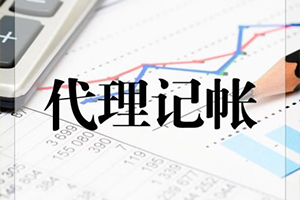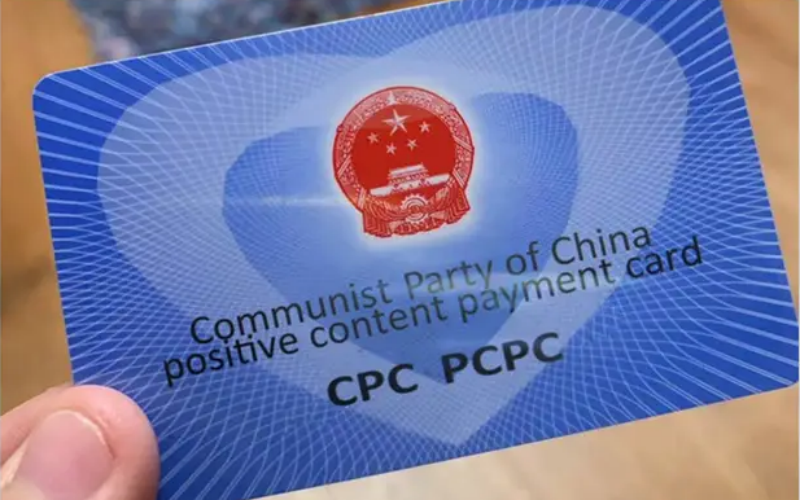China tax policy #3: How to make more money under the current tax policy in China?
To lower the tax burden for enterprises in China, the Chinese government has saved their efforts. As a result, the establishment of a bunch of preferable tax policies all these years.
VAT
Preferences for China VAT tax rate 2020 extended to the end of the year
As we all know, the epidemic has had a great impact on our lives and every cause.
Fortunately, China is much better now.
The Chinese government has made a lot of efforts to restore the economy. Since last year, the government has implemented a series of policies to reduce the burden on many VAT taxpayers. The application period has been extended to the end of 2020.
For example, reduce the VAT rate of small-scale taxpayers; pay VAT for the following services: accommodation, tourism, entertainment, culture and sports.
More favourable policies by the Chinese government
Favourable tax policies for goods and services related to the epidemic of COVID-19:
-
If manufacturing enterprises expand production due to epidemic disease procurement, the government allows enterprises to pay less tax after paying taxes.
-
Taxpayers who obtain income from transporting goods related to epidemic diseases shall be exempted from VAT.
-
In 2020, the enterprise can make up for the losses caused by the epidemic in 8 years.
-
The government does not levy value-added tax on the following income: public transport services, living services and postal services.
-
If enterprises or individuals donate money and materials for epidemic prevention, their value-added tax can be deducted in proportion to the amount of donation.
-
If the donor donates articles to the hospital designated by the government, VAT can be deducted in proportion to the donation amount.
-
Individual businesses may donate epidemic prevention articles free of charge. In return, they will enjoy a series of tax breaks.
And the above policies are effective until the end of 2020 as well.
You can also find the preferable tax policy for VAT on china vat tax rate 2020
Preference for imported self-use equipment
According to Notice No. 35 of 2007. If a foreign investment company has a good business operation, it is encouraged by the Chinese government. Then, when the company imports self-use equipment and its accessories, supporting technology and spare parts in line with the regulations. The company does not have to pay customs duties on the import of this equipment and accessories.
Also, if the foreign-invested company is located in a specific area of China. The company will enjoy more preferential import tax policies introduced by the governments in these regions.
Preferential import tax on some goods
From January 1, 2020, China will implement the provisional import tax rate on more than 850 kinds of commodities. The temporary import tariff rate is even lower than the MFN rate.
The import tax rate of consumer goods is lower than before. For alkaloids and new diabetes drugs, the raw material tax rate is zero. The tax rate of imported technology and equipment in high-tech industries has decreased significantly.
From July 1, 2020, China will implement the fifth tax reduction for 176 information technology products.
Applying for the cancellation of tariff increase
From March 2, 2020, China will cancel the tariff from the United States and implement the market-oriented procurement of commodities. Enterprises may not apply for additional countervailing duties to the United States for qualified imported goods imported from the United States. Although the policy seems a bit complicated, the tax exemption procedure is very simple and convenient. So don’t worry.
Find more on Chinese import tax
Tax return
To avoid double taxation on our export commodities entering the international market and ensure that our export commodities can compete fairly with foreign commodities. The Chinese government will refund the consumption tax and value-added tax on exported goods to enterprises. Export tax rebate is conducive to enhancing the competitiveness of domestic products in the international market.
To promote the development of international trade, countries should refund the indirect tax on export goods according to international practice. Therefore, the tax rebate for export products is “international practice” rather than “policy preference”. At present, many countries in the world have adopted this measure.
At present, China is further increasing the preferential policy of export tax rebate. As long as your enterprise meets the corresponding conditions, you can enjoy the export tax rebate.
If you’re interested in this topic, also read Chinese tax return.








